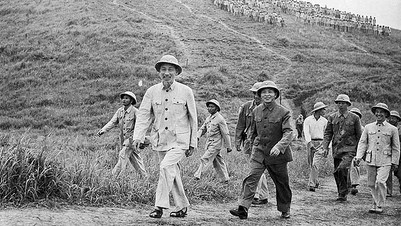
Maccorkle's mansion, Sunrise, became home to a children's museum in the early 1960s. He wrote an autobiography, The Recollections of Fifty Years, which was published in 1928. MacCorkle was also a founder and president of the Citizens National Bank, which later merged with the Charleston National Bank.

In 1910, he was elected to the West Virginia Senate.

In his numerous travels, he continued to publicize the state's resources. MacCorkle opposed the growing labor movement among coal miners and dispatched the state militia to break a strike.Īfter leaving office, MacCorkle returned to his Charleston law practice. Through an advertising program, he actively promoted the state's natural resources to attract industry. As governor, MacCorkle advocated increased funding for state institutions and improved transportation. In 1892, as the Democratic Party's candidate, he was elected governor of West Virginia. From 1880 to 1889, he served as the Kanawha County prosecuting attorney. Returning to West Virginia, in 1879, he established a law practice in Charleston and also taught school. After briefly teaching school in Pocahontas County, West Virginia, he attended Washington and Lee University in Lexington, Virginia. "synopsis" may belong to another edition of this title.William Alexander MacCorkle (– September 24, 1930), was a United States teacher, lawyer, prosecutor, the ninth Governor of West Virginia and state legislator of West Virginia, and financier. Putnam's Sons The Knickerbocker Press, 1923 The Making of Modern Law: Foreign, Comparative, and International Law, 1600-1926 This data is provided as an additional tool in helping to insure edition identification: The below data was compiled from various identification fields in the bibliographic record of this title. Now for the first time, these high-quality digital scans of original works are available via print-on-demand, making them readily accessible to libraries, students, independent scholars, and readers of all ages.

The materials in this archive are drawn from three world-class American law libraries: the Yale Law Library, the George Washington University Law Library, and the Columbia Law Library. Its International Law component features works of some of the great legal theorists, including Gentili, Grotius, Selden, Zouche, Pufendorf, Bijnkershoek, Wolff, Vattel, Martens, Mackintosh, Wheaton, among others. The Making of Modern Law: Foreign, Comparative and International Law, 1600-1926, brings together foreign, comparative, and international titles in a single resource.


 0 kommentar(er)
0 kommentar(er)
